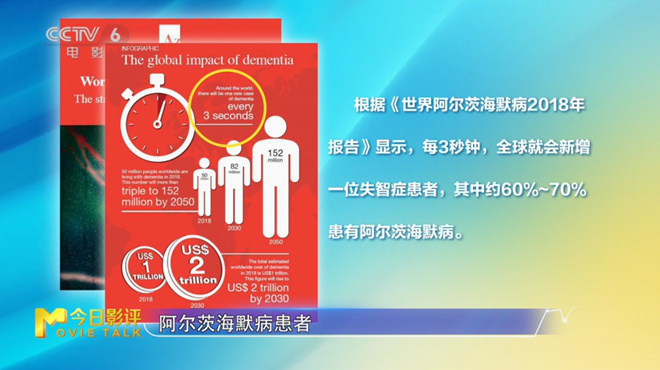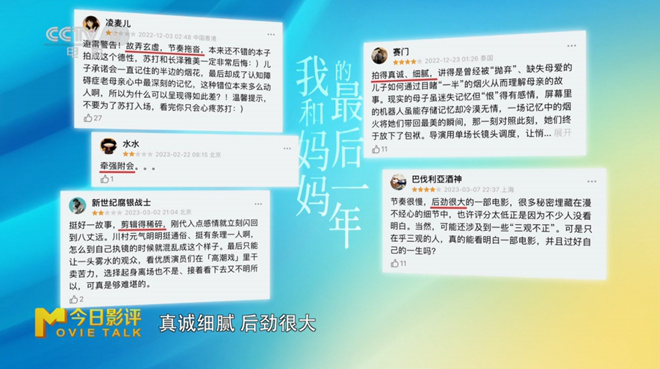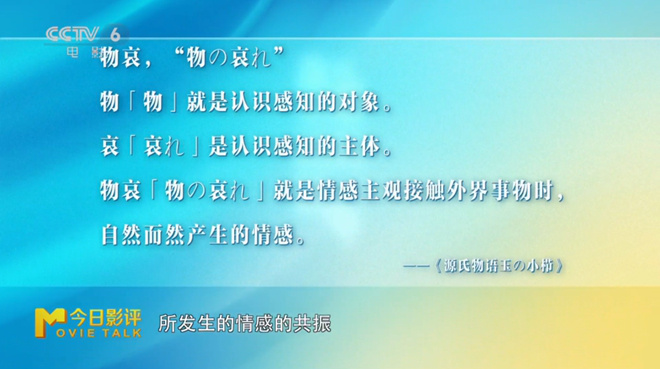Adjustment of the new provident fund deposit plan in July
Provident fund
The base and proportion of provident fund deposit will be adjusted from now on.
Continue until June 30 next year.
This newspaper (reporter)
Yuan Shuqi) Our city will adjust the deposit base and deposit ratio of housing provident fund from today. Yesterday, the Municipal Housing Provident Fund Center issued relevant notices. In 2022, the upper limit of the monthly payment of housing provident fund was adjusted to 6,932 yuan and the lower limit was 204 yuan. This adjustment will last until June 30 next year.
It is reported that the deposit base of housing provident fund in 2022 is the average monthly salary of employees in 2021, and it shall not be higher than 28,884 yuan and not lower than 2,030 yuan.
In terms of the deposit ratio of housing provident fund, the deposit ratio of employees in the same unit should be consistent, and the deposit ratio of units and employees should be consistent. The deposit unit can independently determine the deposit ratio within the range of 5% to 12%. Units applying for reducing the deposit ratio must be discussed and approved by the employees (representatives) meeting or the trade union.
The upper and lower limits of the monthly deposit of housing provident fund have also changed. After adjustment, the upper limit of monthly deposit is 6932 yuan and the lower limit is 204 yuan, and the upper limit is 616 yuan higher than last year.
Rent affordable rental housing and some long-term rental apartments in our city.
Provident fund can pay rent directly.
This newspaper (reporter)
Yuan Shuqi) One of the projects of "I do practical things for the masses" of the Municipal Housing Bureau this year-"renting a house to withdraw housing provident fund" has made new progress. Yesterday, the reporter learned from the Municipal Housing Bureau and the Municipal Housing Provident Fund Center that in the future, tenants who rent affordable rental houses and some long-term rental apartments in our city can withdraw the housing provident fund and pay the rent directly.
Previously, people without housing used the housing provident fund to pay rent, and they needed to apply for the housing provident fund first, and then pay the rent after receiving the account.
Now, if the employees who rent the long-term rental apartment of CCB Jianrong Home in our city meet the conditions of no housing in Xiamen, renting the rental housing and paying the housing provident fund in full for three months continuously, they can complete the operations such as signing the lease contract, choosing to use the provident fund to pay the rent directly or changing the payment method of the rent on the third-party rental platform (namely "CCB Jianrong Home" App). Through data sharing and automatic information comparison, the Municipal Housing Provident Fund Center will directly transfer the housing provident fund of employees who have signed the "one thing" model to the CCB Housing Corporate Collection Account on a monthly basis.
[tax]
The scope of full tax refund is expanded.
Seven new industries were added, involving many livelihood areas such as wholesale and retail, accommodation and catering.
7 industries
Wholesale and retail trade
Agriculture, forestry, animal husbandry and fishery
Accommodation and catering industry
Resident service, repair and other service industries
education
Health and social work
Culture, sports and entertainment industry
(Reporter Chen Ni correspondent)
Xu Ran) Recently, the Ministry of Finance and State Taxation Administration of The People’s Republic of China jointly issued the Announcement on Expanding the Industry Scope of the Policy of Full Refund of VAT Allowance, which made it clear that from July 1st, seven industries, including "wholesale and retail" and "agriculture, forestry, animal husbandry and fishery", will be included in the scope of the new policy of VAT allowance and tax refund, and full monthly refund of incremental tax allowance and one-time refund of stock tax allowance can be enjoyed regardless of the size of the enterprise.
Among the above seven industries, eligible small and micro enterprises and individual industrial and commercial households have enjoyed the tax rebate bonus in the previous first round of tax refund. This round of expansion is expected to cover more than 1,000 large and medium-sized enterprises in related industries in our city.
Social security fee collection and management information system goes online.
Personal insurance payment business is transferred to Xiamen tax App.
(Reporter Chen Ni correspondent)
Xu Ran) According to the unified deployment of State Taxation Administration of The People’s Republic of China, Xiamen tax department officially launched the Golden Tax Phase III social security fee collection and management information system (standard version) yesterday (hereinafter referred to as "social security fee standard version system").
Before the launch of "Social Security Standard Edition System", our city had taken the lead in realizing the whole process of social security business of unit "online" and the whole process of personal social security business "handheld", and the collection rate of social security fees was among the highest in the country. Every year, about 1.8 million natural persons handled nearly 6 million social security payment and social security certificate issuance through WeChat and Alipay applet, with an average monthly usage of over 400,000. After the launch of the standard version of the social security premium system, all the social security business functions of the original third-party platform applets (including Alipay and WeChat) will be transferred to the "Xiamen Tax" App. Natural persons can handle all the social security premium business of the original third-party platform applets in the App after downloading the Xiamen Tax App and real-name authentication.
The Stamp Tax Law came into effect.
The applicable tax rate of five types of taxable documents is reduced.
(Reporter Chen Ni correspondent Xu Ran)
Liu Qihui) The Stamp Tax Law of People’s Republic of China (PRC) comes into effect today. On the basis of continuing the previous preferential policies, the Stamp Tax Law has upgraded the "tax benefits" in terms of lowering the applicable tax rate of some taxable documents, defining the specific implementation scope, expanding the scope of tax exemption, and reducing the number of tax payments.
"Reducing the applicable tax rate of five types of taxable certificates is an important change in this Stamp Tax Law." Introduction of tax officials. Taking the transportation contract as an example, after the implementation of the Stamp Tax Law, the applicable tax rate of the transportation contract dropped from five ten thousandths to three ten thousandths, a decrease of 40%. Similarly, the applicable tax rate has been reduced from 5/10000 to 3/10000, and there are several types of taxable documents such as contract, construction project survey and design contract, trademark right, copyright, patent right, and transfer of proprietary technology use right. It is worth noting that in the Stamp Tax Law, the applicable tax rate of business books is directly determined by legislation as 2.5 per 10000. The reduction of the tax rate of the above five types of taxable vouchers is expected to reduce the annual tax of Xiamen enterprises by more than 50 million yuan.
According to reports, the current monthly stamp duty was changed to quarterly after the implementation of the Stamp Tax Law on July 1, and the number of tax payments was reduced from 12 times a year to 4 times.
[Travel]
Three bus lines will be adjusted at dawn.
(Reporter Lin Qinsheng correspondent Lin Chengyi) Xiamen Bus Group introduced yesterday that from tomorrow, three bus lines in jimei district and Haicang District will be adjusted.
Adjust 848 Road (Qiaonan Bus Station-Xiangyu Park in FTZ) from Gaoqi T4 Bus Station to Xiangyu Park in FTZ. After the adjustment, 848 Road increased the number of stops in Xiangyu Park (a new stop on Xiangyu Road) in the Free Trade Zone, and reduced the number of stops in the International Shipping Center (going to Xiangyu Park in the Free Trade Zone), Hua chauncey Road and Huachang. Passengers at the stop-reduction station can take bus No.7, No.78, No.94, No.97, No.108, No.655, M12 (opened on July 4th) and Metro Line 3.
No.982 bus (Yuanboyuan Bus Station-Haisheng) is cancelled, and passengers at the stop-reducing station of No.982 can take the routes of No.807, No.856, No.890, No.904 andNo. M4.
Encrypt the 904 bus (Yuanboyuan Bus Station-Shuangqiao Mingzhu Station), and plan to run every 15 -20 minutes at peak hours and every 20 -25 minutes at Pingfeng (the original peak hours are 20 -25 minutes and Pingfeng is 25 -30 minutes).
Toilet water can be taken to the train.
This newspaper (reporter Zeng Yanyan correspondent
Wei Zhiwei) Recently, the State Railway Administration and the Ministry of Public Security published the latest edition of the Catalogue of Prohibited, Restricted and Consigned Articles for Railway Passengers, which came into effect on July 1, 2022. Yesterday, Xiamen Railway Police interpreted the changes in the new regulations.
"From July 1 ST, toilet water, nail polish and other items can be brought to the train in limited quantities." The police told reporters that the new regulations regulate that the daily necessities of non-self-spraying pressure vessels containing flammable components such as toilet water, perfume, spray and gel can be limited to one piece each, and the volume of the single container does not exceed 100 ml. In the past, only 20 ml of nail polish and polishing agent could be carried, and now it has been upgraded to 50 ml.
The new regulations also clearly stipulate the capacity, concentration and number of items that some passengers limit to carry and check. For example, the self-flowing pressure vessel has been changed from no more than 120 ml to 150 ml, and each type of belt is limited to 1 piece, with a total of no more than 600 ml; Passengers can carry alcoholic drinks with intact packages and clear signs, and the alcohol content is greater than or equal to 24% and less than or equal to 70%, and the cumulative amount does not exceed 3000 ml.
]








































